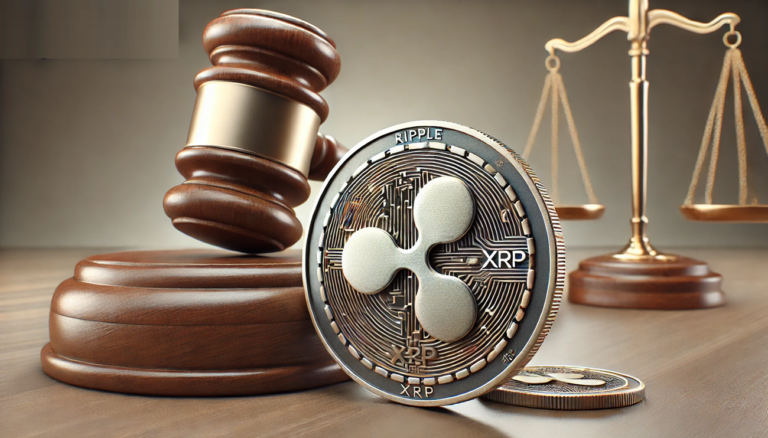Ripple Labs has filed a supplemental notice of authorization to strengthen its position in the ongoing legal standoff with the Securities and Exchange Commission (SEC). The filing was made in the United States District Court for the Southern District of New York in response to the SEC’s motion seeking appeal and final judgment.
Ripple uses Binance’s decision
The core of the defense relies on a recent decision by the U.S. District Court for the District of Columbia in SEC v. Binance Holdings, Ltd., No. 1:23-cv-01599-ABJ-ZMF. Binance Decisionpublished on June 28, 2024, partially accepted and partially denied the SEC’s allegations that Binance engaged in sales of unregistered securities.
The court found that the SEC failed to present sufficient evidence to demonstrate that secondary market transactions involving BNB tokens on cryptocurrency exchanges qualified as securities transactions. Ripple cites this decision as a key reference, arguing its relevance because of its analytical parallels to its own ongoing litigation.
In their detailed reference to the Binance decision, Ripple’s legal team highlights an important observation from the Binance court: “(In)tangible digital assets do not fit neatly within the rubric set forth in the seven pages that comprise the Howey opinion.” This statement underscores a recurring theme in digital asset regulation, highlighting the complex nature of applying traditional securities law to modern digital assets.
The Court’s criticism of the SEC’s piecemeal judicial approach was also noted in the submission, stating: “Furthermore, the agency’s decision to oversee this multibillion-dollar industry through litigation—case by case, piece by piece, court by court—is unlikely to be an efficient way to proceed, and it risks producing inconsistent results that may leave affected parties and their potential customers without clear direction.” This reflects a broader criticism within the cryptocurrency industry of the SEC’s regulatory strategy.
Additionally, Ripple is advocating for judicial clarity regarding the legality of XRP sales, Which was highlighted as a critical outcome of the court’s previous summary judgment. “This observation supports Ripple’s argument that clarifying the legality of different types of XRP sales was the most important aspect of the court’s summary judgment decision,” the filing states. Ripple argues that such clarity is vital not only for its operations but for the cryptocurrency market as a whole, noting that regulatory clarity prior to the court’s decision supported its stance against harsh penalties.
The filing also addresses the nature of the violations Ripple allegedly committed, arguing that the SEC’s failure to establish recklessness on Ripple’s part should mitigate the severity of the proposed remedies. “The lack of regulatory clarity prior to this decision in turn supports Ripple’s position that the Court’s finding of a strict liability violation on some of Ripple’s sales—but far fewer than the SEC alleged were violations—does not reflect a reckless disregard for the law,” the company’s lawyers argued.
This supplemental opinion was submitted by Michael K. Kellogg of Kellogg, Hansen, Todd, Figel & Frederick PLLC and Debevoise & Plimpton LLP, acting as legal advisors to Ripple Labs. Their submission seeks not only to counter the SEC’s latest motions, but also to affirm the company’s broader arguments regarding the application of securities laws to cryptocurrency transactions, a focal point of legal, regulatory and academic debate as digital assets continue to challenge traditional frameworks.
At press time, XRP was trading at $0.47979.

Featured image created with DALL·E, chart by TradingView.com


